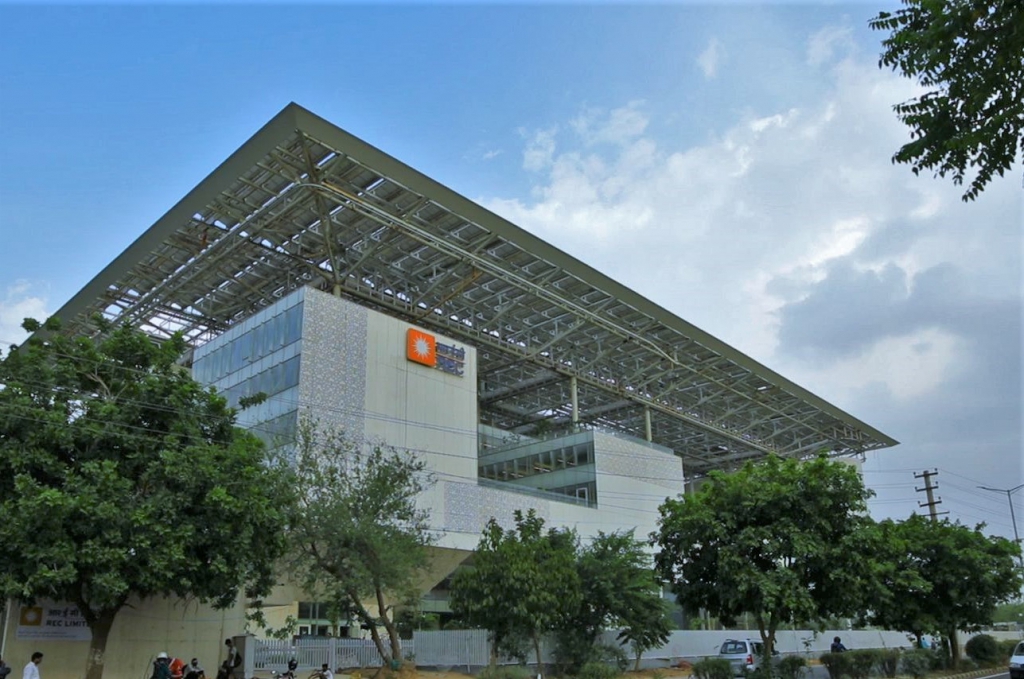Minister of State in the Ministry of Heavy Industries and Public Enterprises, Shri G.M. Siddeshwara has informed that the Government of India has approved the National Mission on Electric Mobility in 2011 and subsequently National Electric Mobility Mission Plan 2020 was unveiled in 2013. As part of the mission, Department of Heavy Industries has formulated a scheme namely FAME – India (Faster Adoption and Manufacturing of (Hybrid &) Electric Vehicles in India). The Phase-1 of the scheme shall be implemented over a 2 year period i.e. FY 2015-16 and FY 2016-17 commencing from 1st April 2015 with an approved outlay of Rs. 795 Crore. Initial seed money of Rs. 75 Crore has been allotted in the Current Financial Year (2015-16). The scheme shall have 4 focus areas i.e. Technology Development, Demand Creation, Pilot Projects and Charging Infrastructure. The thrust for the Govt. through this scheme will be to allow hybrid and electric vehicles to become the first choice for the purchasers so that these vehicles can replace the conventional vehicles and thus reduce liquid fuel consumption in the country.
The scheme will provide a major push for creation of a viable ecosystem of both hybrid and electric technologies vehicles in the country. Government is in the process of setting up public charging stations in various cities where the population of electric vehicles is growing. Government is coordinating with various enabling agencies such Delhi Metro Rail Corporation (DMRC), Oil and Marketing Companies (such as Indian Oil, Hindustan Petroleum) to support installation of such charging stations at their facilities (Metro Stations and Petrol Filling Stations). Further, Government has started pilot projects on renewable energy based fast charging stations. Bharat Heavy Electricals Limited (BHEL) and Rajasthan Electronics and Instrumentation Limited (REIL) have been entrusted to develop prototypes of such stations which could be deployed in future.
Pure electric vehicle produces around 35%~45% lower CO2 as compared to equivalent gasoline vehicle in India based on the fact that most of electricity produced is obtained predominantly from coal, natural gas and oil (75%~85%). In future in view of more and more renewable energy based electricity production in the country, electric vehicles are going to emit lesser CO2 on a Well-to-Wheel basis.
IndianBureaucracy.com wishes the very best.





